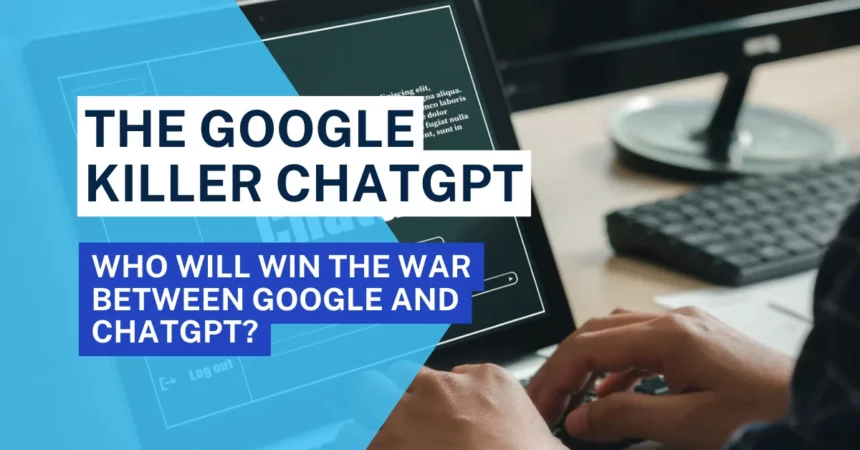OpenAI’s AI chatbot, ChatGPT, had been causing a stir in the tech world since its public release two months ago. Dubbed the Google Killer ChatGPT, the chatbot’s capabilities range from writing songs in a specific style to generating code and even writing articles.
While the technology is still in its early stages and has limitations such as text-only communication and a lack of information updates, it has the potential to disrupt various industries and jobs, including education and copywriting.
One of the primary goals of ChatGPT’s creators, however, is to revolutionize the multibillion-dollar internet search industry. Microsoft has recently announced a partnership with OpenAI, and there have been rumors of a Google Killer ChatGPT-powered search engine in the works. In response, Google has released its own AI chatbot called Bard and announced a $300 million investment in Anthropic, which is developing another ChatGPT competitor.
Not to be left behind, Meta, which owns Facebook, WhatsApp, and Instagram, launched Blenderbot in the US last summer. Baidu announced the release of an advanced version of its chatbot, Ernie (also known as Wenxin Yiyan), in March 2023. The AI chatbot race is heating up, and it will be interesting to see how these chatbots change how we interact with technology.
In conclusion, the Google Killer ChatGPT is sparking the AI chatbot race, and it will be exciting to see how this technology evolves and disrupts various industries. Companies are investing heavily in developing AI chatbots, and we will see more and more advanced chatbots shortly.
Google is trying to succeed in this race but till now ChatGPT is on top.









